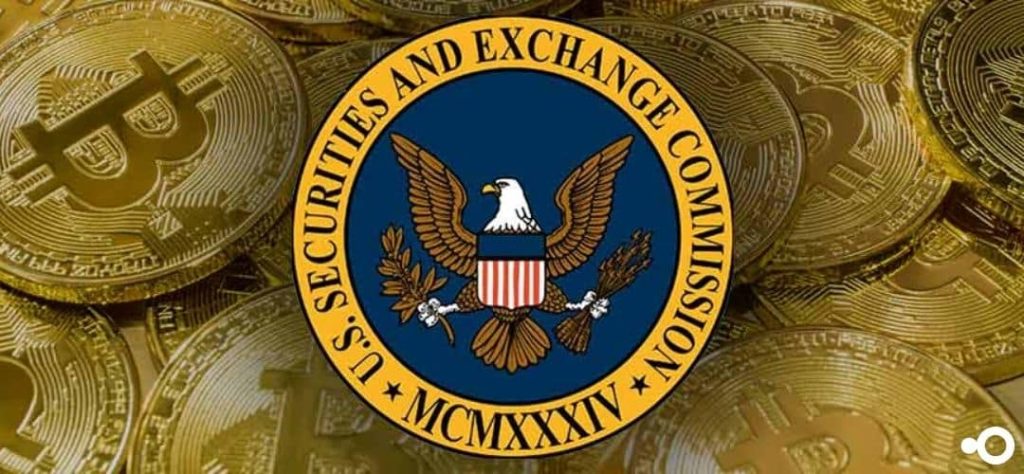On February 21, 2025, it became known that the U.S. Securities and Exchange Commission (SEC) voluntarily withdrew its appeal in a case related to the regulation of cryptocurrencies. This event has a significant impact on the crypto industry, in particular on decentralized financial platforms (DeFi), and may become an important precedent in shaping the future regulatory environment for digital assets. In this review, we will take a closer look at what the SEC is, why its decision is important, and how it affects the decentralized finance industry.
What is the SEC?
The Securities and Exchange Commission (SEC) is an independent federal agency of the United States government established in 1934 after the Great Depression. The main goal of the SEC is to protect investors, maintain fair, transparent, and efficient securities markets, and promote capital formation. The SEC has broad authority to oversee financial markets, including exchanges, brokers, investment funds, and companies that issue securities.
In the context of cryptocurrencies, the SEC plays a key role as the regulator tries to determine which digital assets fall within the definition of "securities" under US law, in particular the Securities Act of 1933 and the Securities Exchange Act of 1934.
If an asset is classified as a security, issuers and platforms that work with it are required to register with the SEC and follow strict rules. In recent years, the SEC has been actively applying this approach to the cryptocurrency sector, which has led to numerous controversies and lawsuits.
The case and the court's decision
The conflict in question arose because the SEC required DeFi protocols - decentralized financial platforms that operate on the basis of blockchain technologies and smart contracts - to register as exchanges or brokers.
These claims were based on the SEC's position that certain cryptocurrencies and related transactions fall under its jurisdiction as securities. However, the court found that the SEC had exceeded its authority by applying a traditional regulatory framework to decentralized systems that, by their nature, do not have a single control center or intermediaries.
The court ruling was a victory for the crypto industry, as it called into question the SEC's ability to automatically apply its rules to DeFi. The regulator filed an appeal to challenge the decision, but ultimately decided to withdraw it. This move indicates the SEC's voluntary withdrawal from further fighting in this particular case.
Why does refusal to appeal matter?
- A precedent for the crypto industry: The withdrawal of the appeal means that the court's decision will remain in force, setting a legal precedent. This may make it more difficult for the SEC to apply similar requirements to other DeFi projects in the future without a clearer legal basis. For developers and users of decentralized platforms, this is a signal that regulatory pressure may be easing.
- Support for decentralization: DeFi protocols are fundamentally different from traditional financial institutions in that they do not have a centralized governing body and transactions are carried out automatically through a code. The court ruling and the SEC's refusal to appeal confirm that current regulatory approaches are not always compatible with decentralization technologies, which can stimulate innovation in this area.
- Easing pressure on the crypto industry: In recent years, the SEC has been actively pursuing crypto companies, accusing them of violating securities laws. The refusal to appeal may indicate a change of strategy or the regulator's recognition of the limits of its authority, which gives the crypto industry more room for development.
What does this mean for the future?
The withdrawal of the appeal does not mean that the SEC will completely stop trying to regulate cryptocurrencies. Most likely, the regulator will look for new approaches that will better take into account the specifics of DeFi and other blockchain technologies. At the same time, this decision may push the US Congress to create clearer legislation on cryptocurrencies, as the lack of specific rules leaves many questions open.
This is a positive signal for the global crypto industry, including Ukraine. Ukrainian developers and users of DeFi platforms can count on the fact that the United States, as one of the key regulatory benchmarks, will gradually adapt its approaches to the realities of decentralized finance. This can help attract investment and develop local blockchain projects.
The SEC's decision to drop its appeal in the cryptocurrency regulation case was a landmark event for the entire industry. It not only eases the pressure on DeFi protocols, but also emphasizes the need to rethink outdated regulatory models in the world of digital finance.
While the fight for clarity in cryptocurrency regulation is far from over, this move is an important step toward recognizing the uniqueness of decentralized technologies. For investors, developers, and cryptocurrency enthusiasts, this is a cause for optimism and an incentive to keep moving forward.


